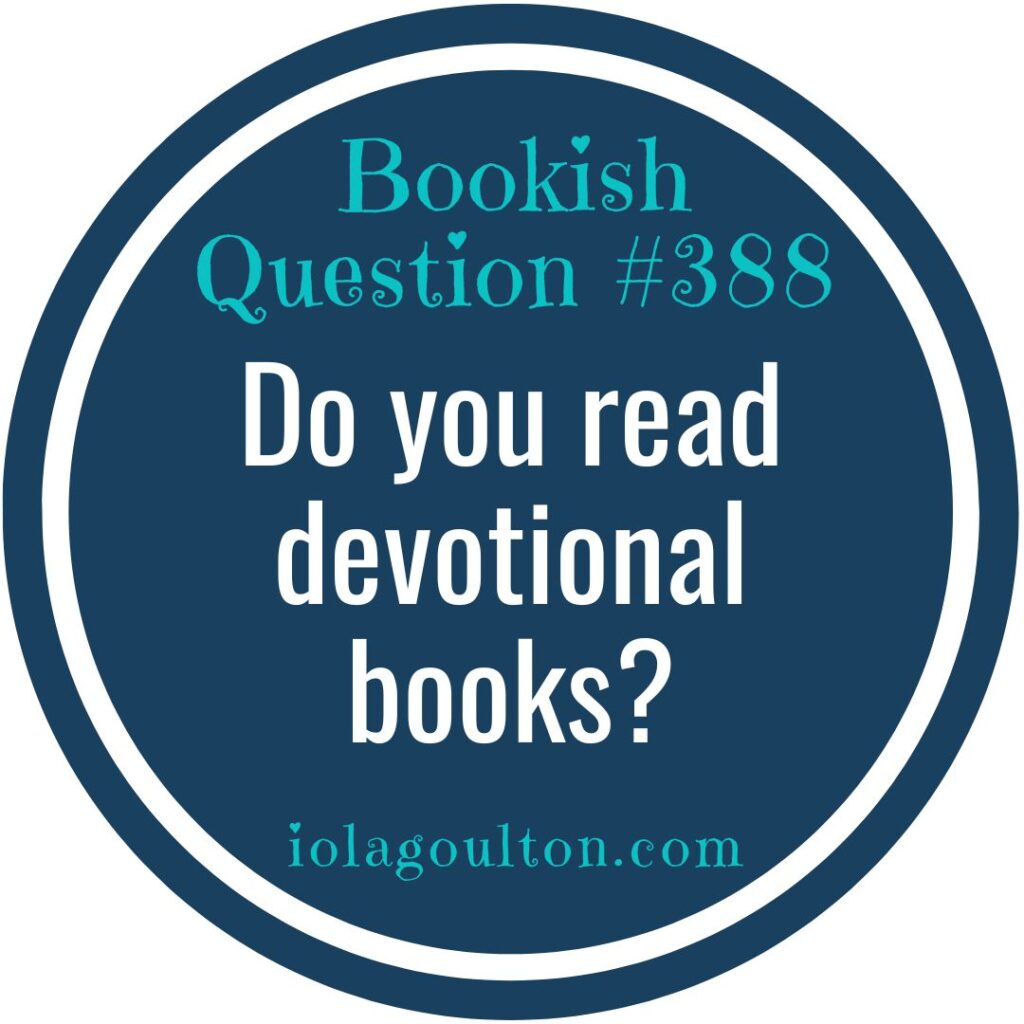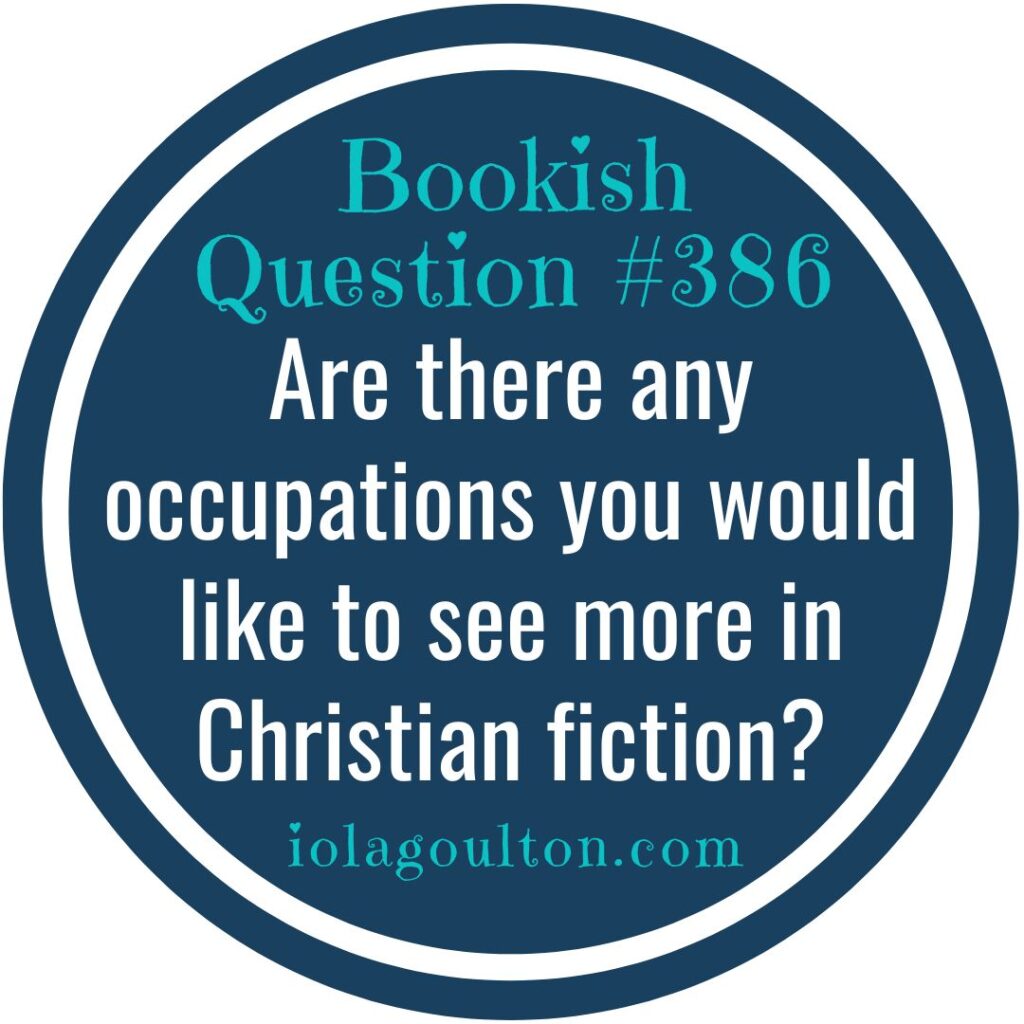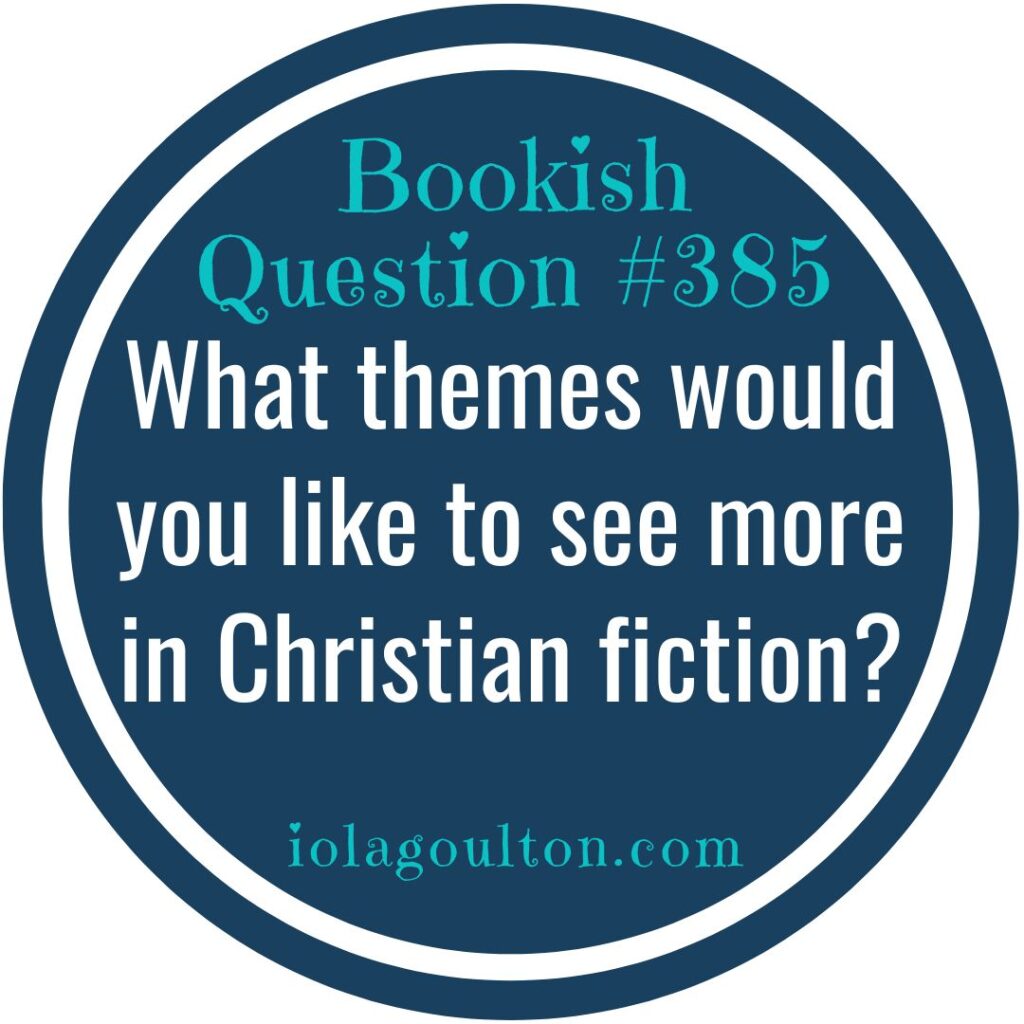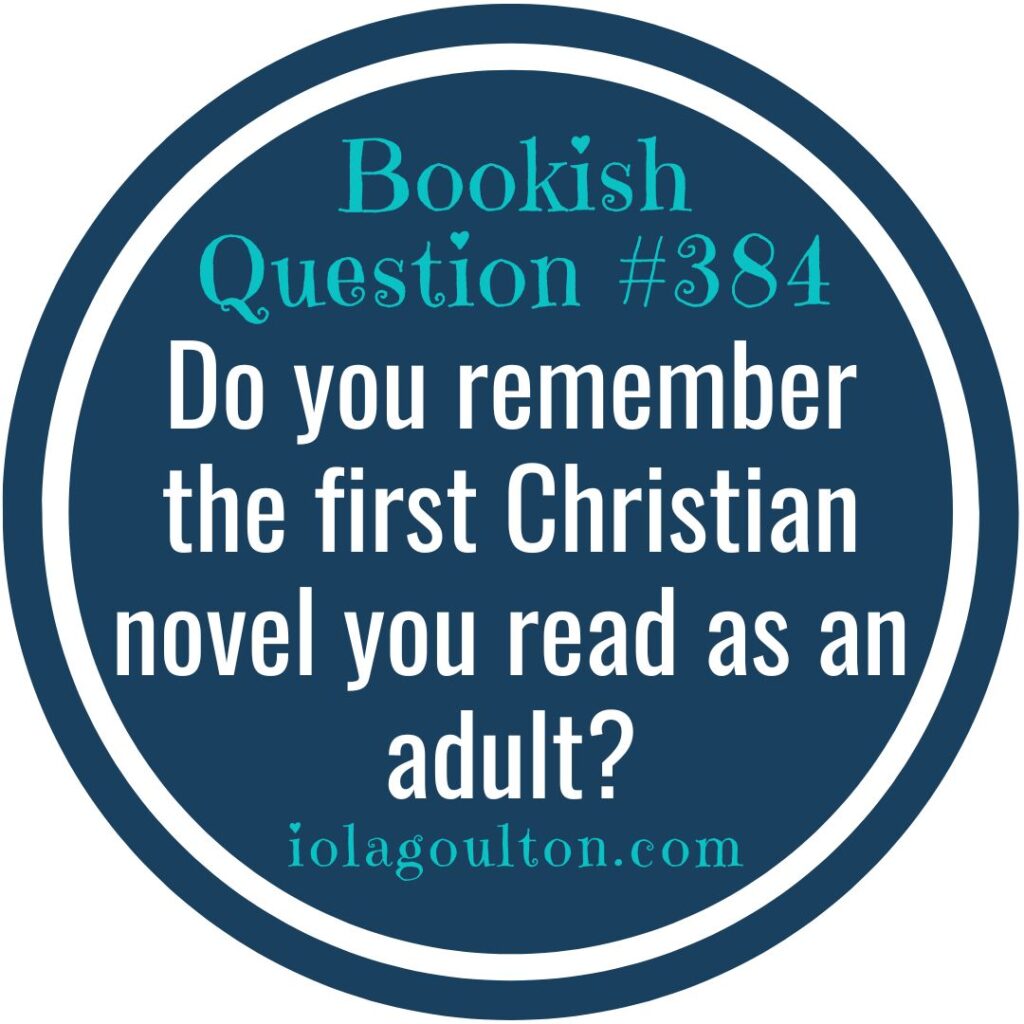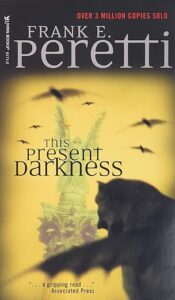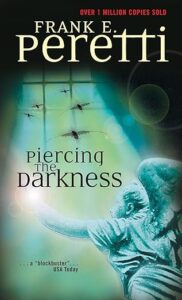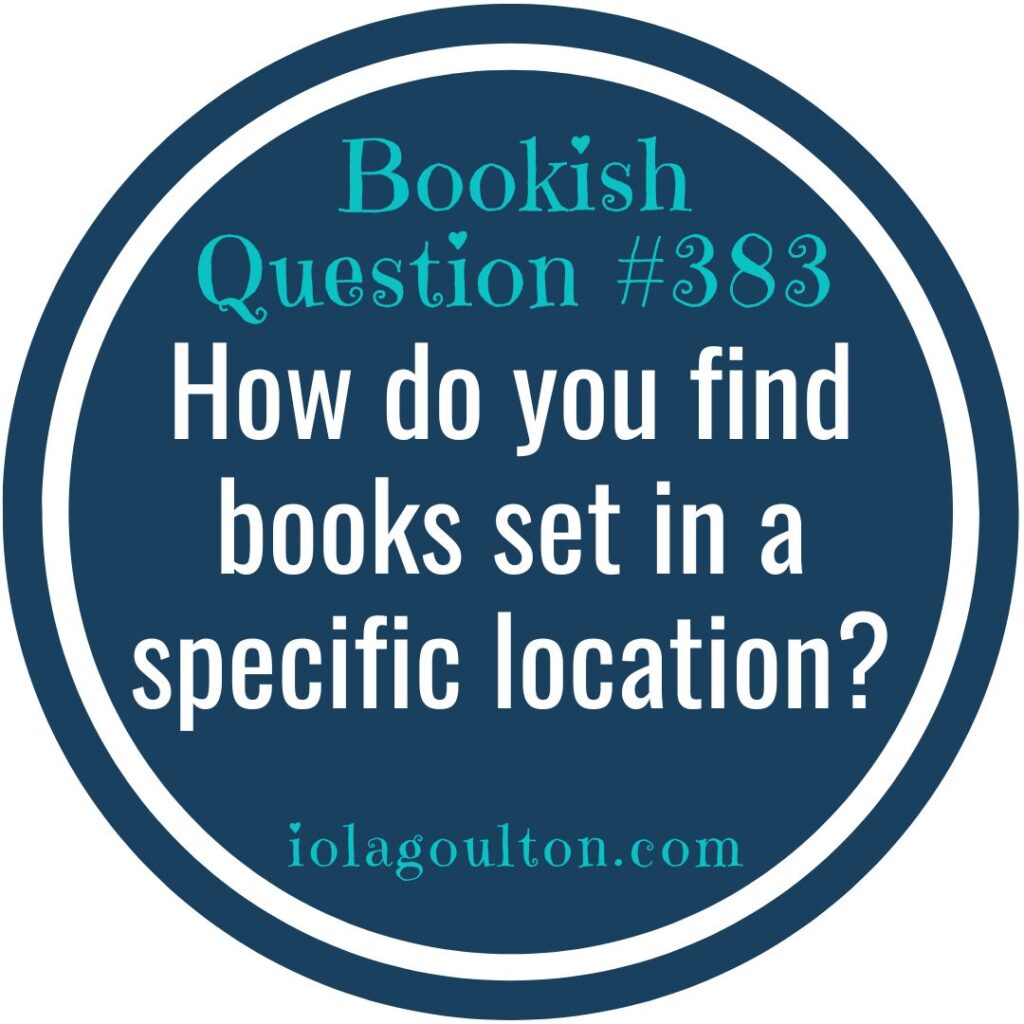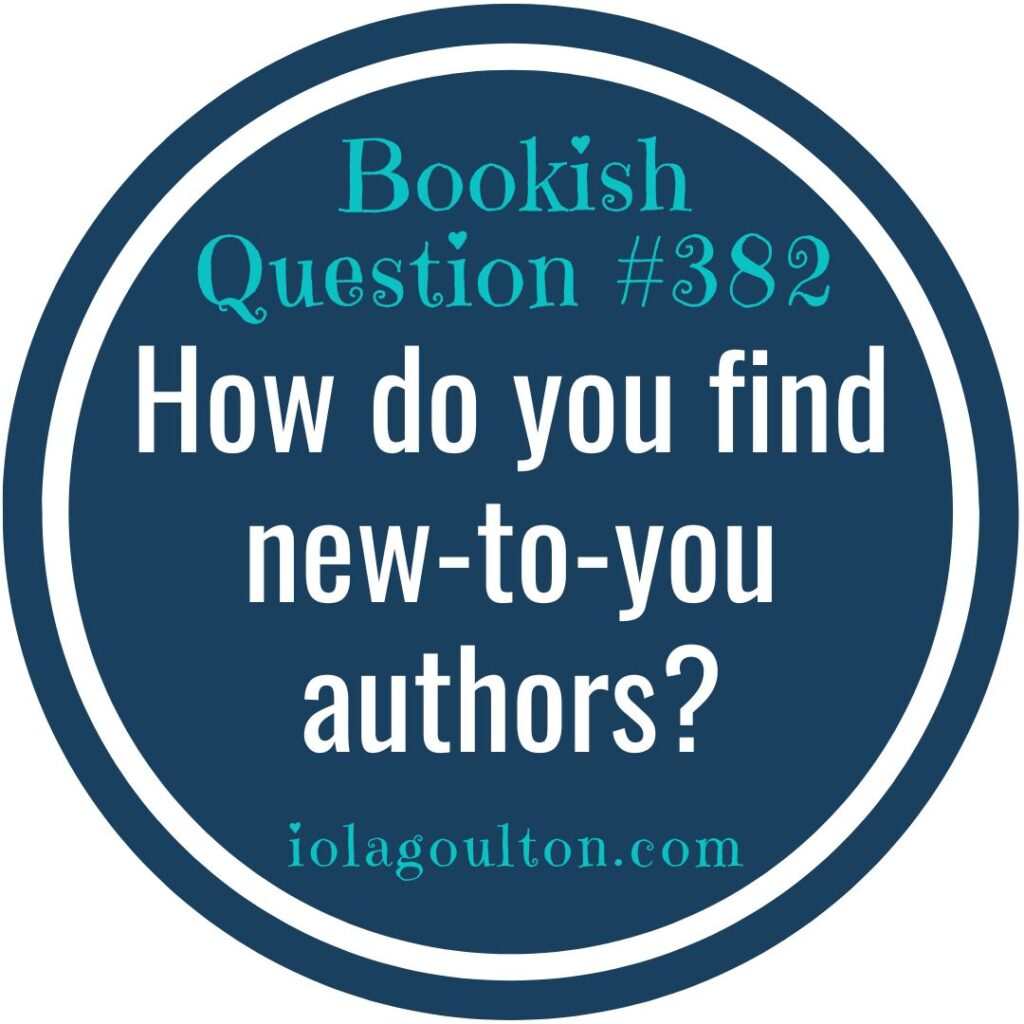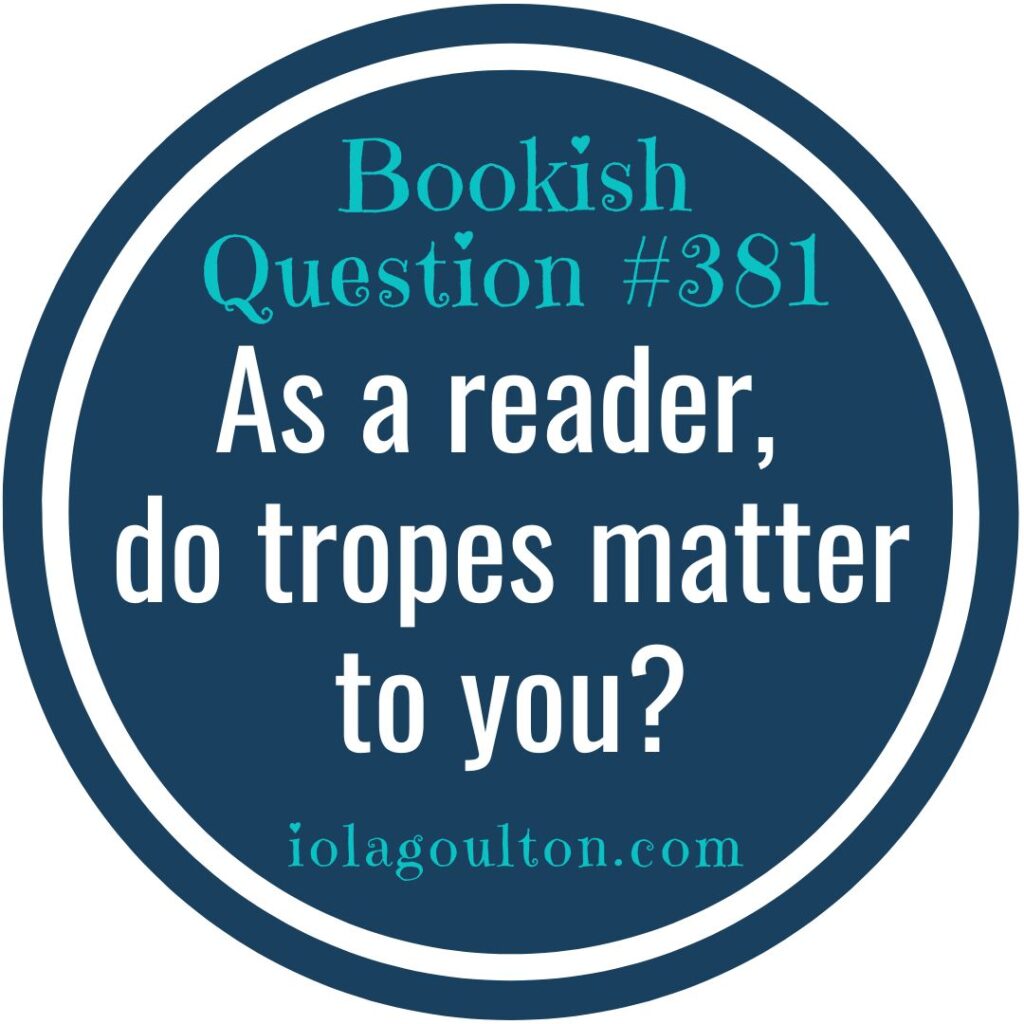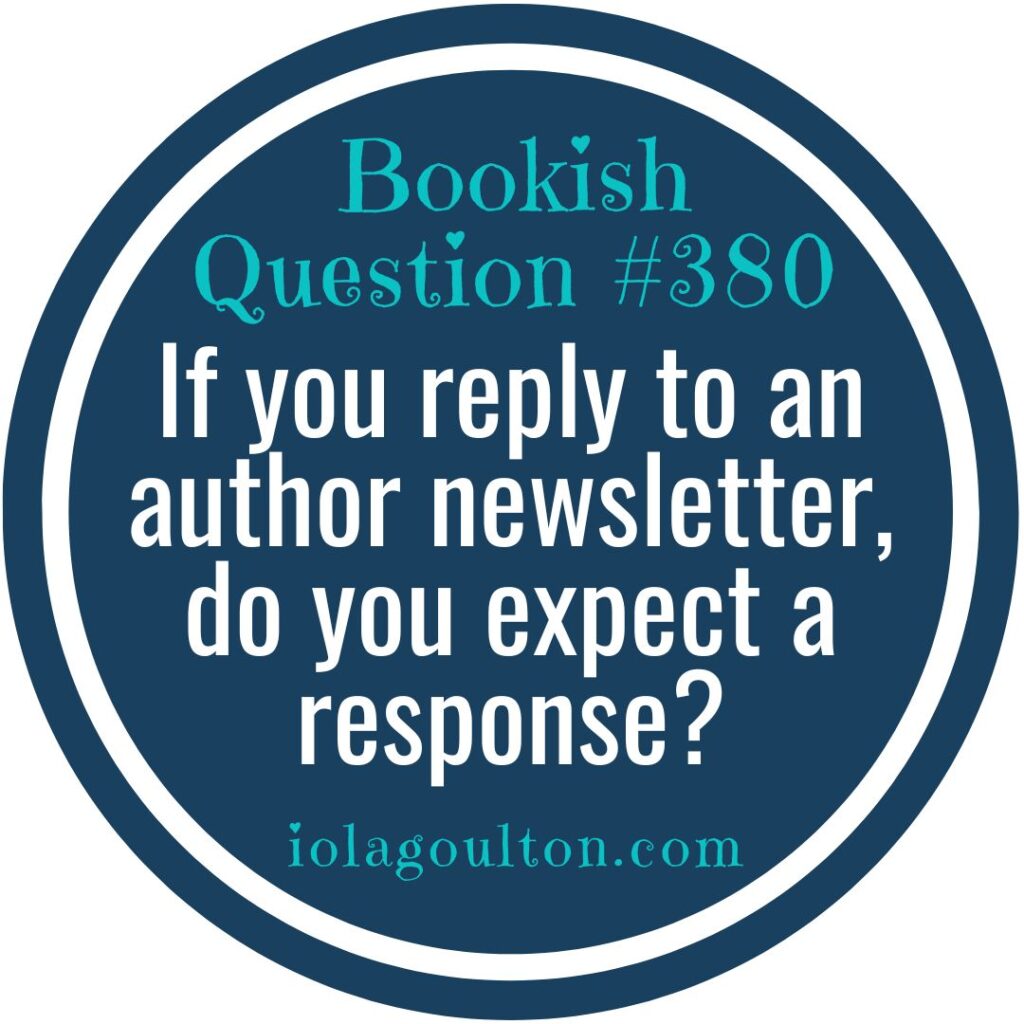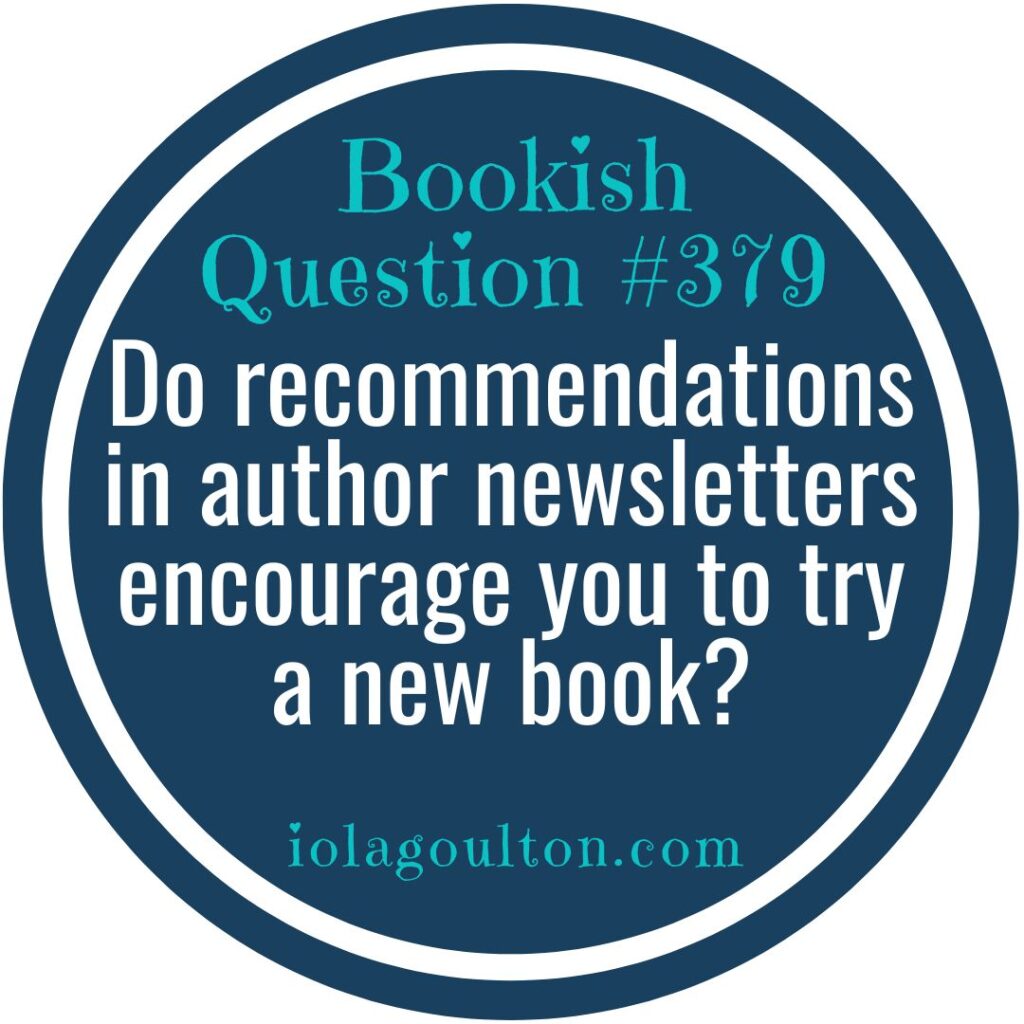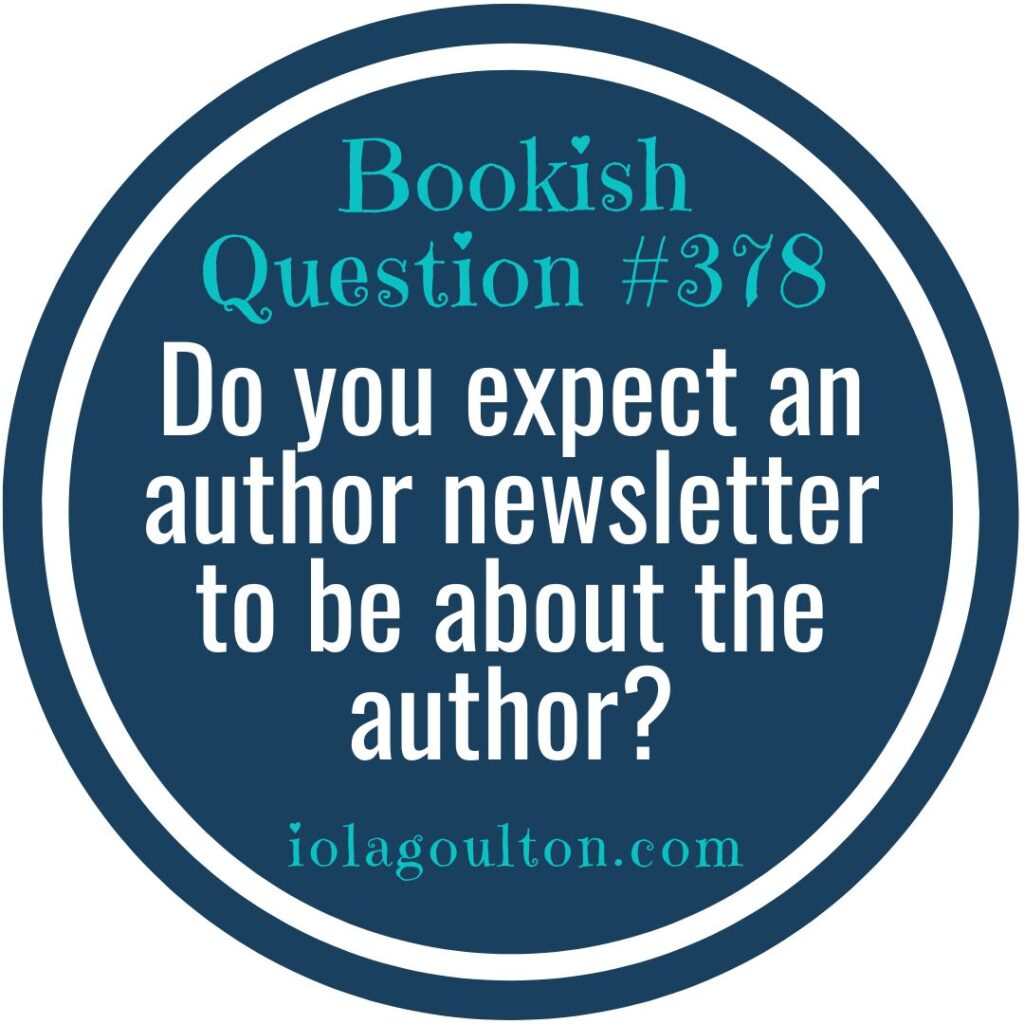Yes and no …
I have started many devotional books, but I don’t think I’ve ever finished one.
I like to pick a book up and read it from start to finish, whereas devotional books are designed to be read a page at a time.
I also don’t like the fact that devotional books start with a Bible reading, but don’t include the full reading. I understand that is for copyright reasons, but it’s another reason I don’t finish the devotional book. It tells me to read Romans 8:1-11 (for example), but I keep reading and go off on my own tangent. If I remember to come back to the devotional, it’s inevitably focusing on something completely different than the verse or passage that grabbed my interest.
I have tried, over and over.
I keep getting to day four or day seven or day fourteen, then getting distracted and not picking the book up again.
The only exception is one-year devotionals which are a read-the-Bible-in-a year challenges. With these, it doesn’t matter if you read ahead a few chapters or even a whole book, because you were going to read that anyway.

